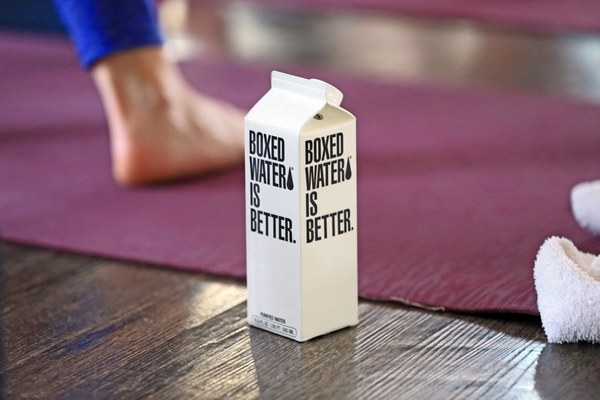Should You Increase Salt Intake to Nourish Your Kidneys
Should You Increase Salt Intake to Nourish Your Kidneys?
The kidneys play a crucial role in maintaining the body's overall health, filtering waste and excess fluids, and balancing electrolytes. As such, it's natural to wonder about the best dietary practices for kidney care. One common question that arises is whether increasing salt intake can help nourish the kidneys. In this article, we'll explore this topic, examining the relationship between salt and kidney health, and providing guidance on the appropriate dietary approach.
Understanding Salt and Kidney Function
Salt, or sodium chloride, is an essential nutrient that our bodies need in small amounts to maintain fluid balance, transmit nerve impulses, and contract muscles. However, excessive salt intake can lead to a range of health issues, including hypertension (high blood pressure), heart disease, and kidney problems.
The kidneys are responsible for filtering the blood and removing excess sodium, which is then excreted in urine. When sodium levels are high, the kidneys must work harder to excrete the excess, which can strain them over time. This can lead to kidney damage and increase the risk of chronic kidney disease (CKD).
The Controversy Around Salt Intake
Despite the known risks, there has been a long-standing debate about whether increasing salt intake can actually benefit kidney health. Some traditional practices suggest that a high-salt diet can help retain water, which in turn can support kidney function by maintaining proper fluid levels. However, this theory is not without its critics.
Scientific Evidence and Recommendations
Numerous studies have shown that a high-salt diet is generally detrimental to kidney health. For instance, a study published in the Journal of the American Society of Nephrology found that reducing sodium intake was associated with a lower risk of developing CKD. Similarly, another study in the American Journal of Clinical Nutrition linked higher salt intake with an increased risk of kidney damage.
The American Heart Association (AHA) and the Dietary Guidelines for Americans recommend limiting sodium intake to less than 2,300 milligrams per day, and ideally less than 1,500 milligrams per day for individuals with hypertension or prehypertension, as well as those with kidney disease.
The Role of Salt in Kidney Health
It's important to understand that while salt itself is not inherently harmful, it's the excessive amount that poses a risk. The kidneys can handle small amounts of sodium, but when intake exceeds the recommended limits, the strain on the kidneys can increase.
Moreover, a high-salt diet can lead to increased blood pressure, which is a significant risk factor for CKD. By reducing salt intake, individuals can help manage their blood pressure and thereby reduce the strain on their kidneys.
Practical Tips for Reducing Salt Intake
If you're concerned about kidney health, here are some practical tips to reduce your salt intake:

1. Avoid processed and packaged foods, which often contain high levels of sodium.
2. Use fresh, whole foods whenever possible.
3. Season your meals with herbs and spices instead of salt.
4. Be mindful of restaurant meals, as they can be high in sodium.
5. Read food labels to be aware of sodium content.
6. Gradually reduce your salt intake over time to adjust your taste preferences.
Conclusion
In conclusion, while the idea of increasing salt intake to nourish the kidneys might seem appealing, the scientific evidence suggests otherwise. Excessive salt intake can lead to kidney damage and increase the risk of chronic kidney disease. By following the recommended dietary guidelines and adopting a balanced, low-sodium diet, you can support kidney health and reduce your risk of related complications. Always consult with a healthcare professional for personalized advice on kidney health and diet.









